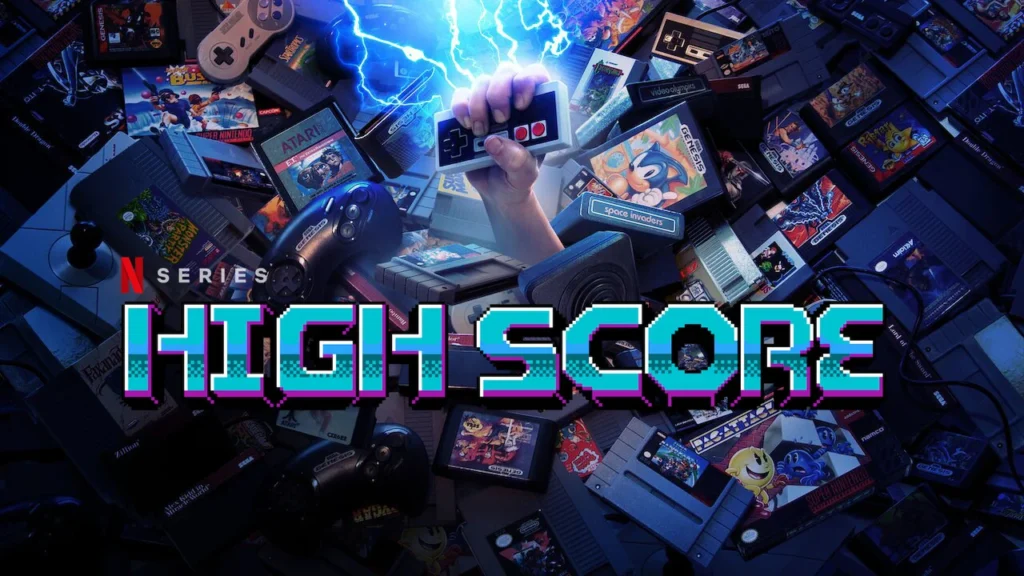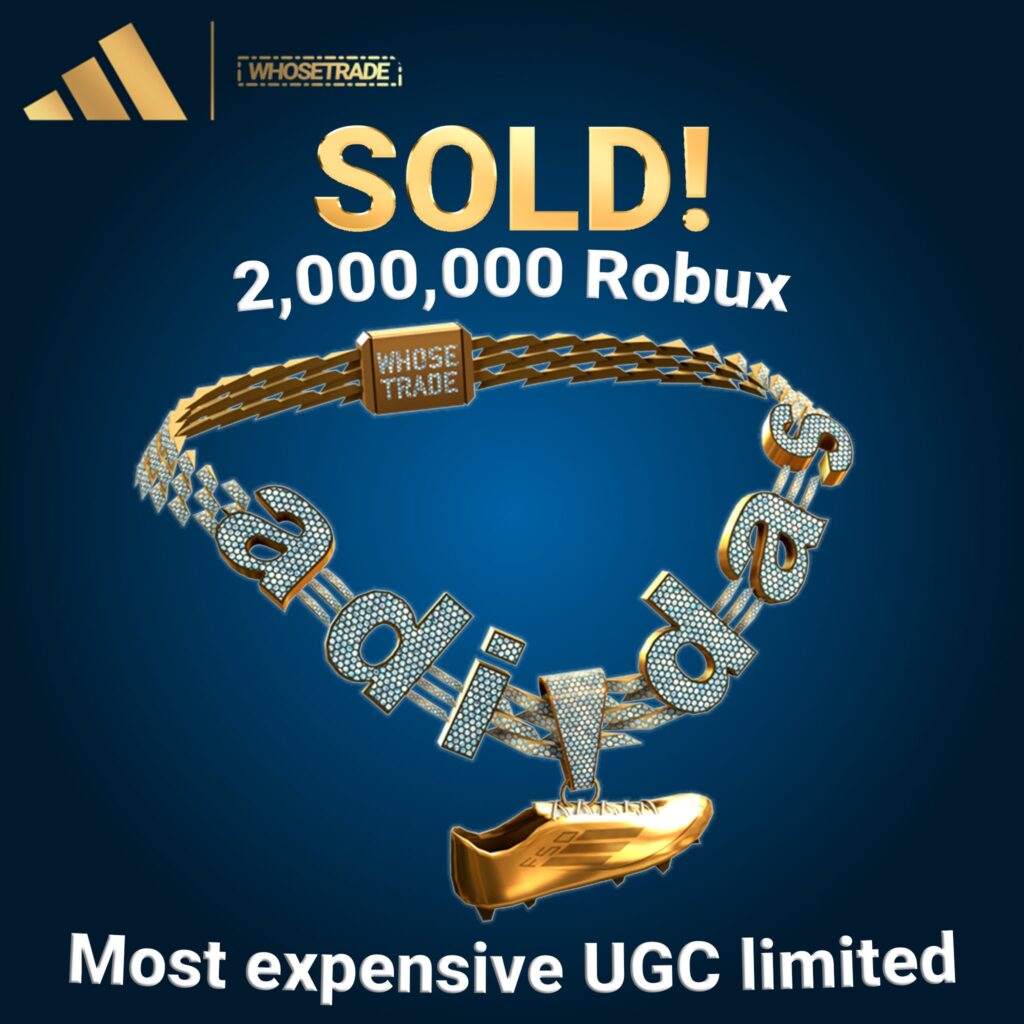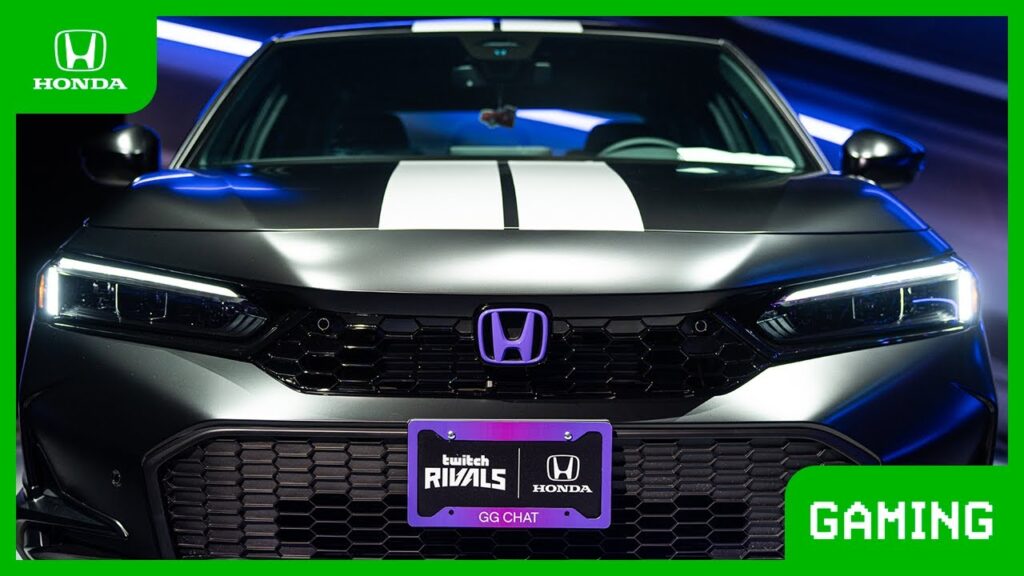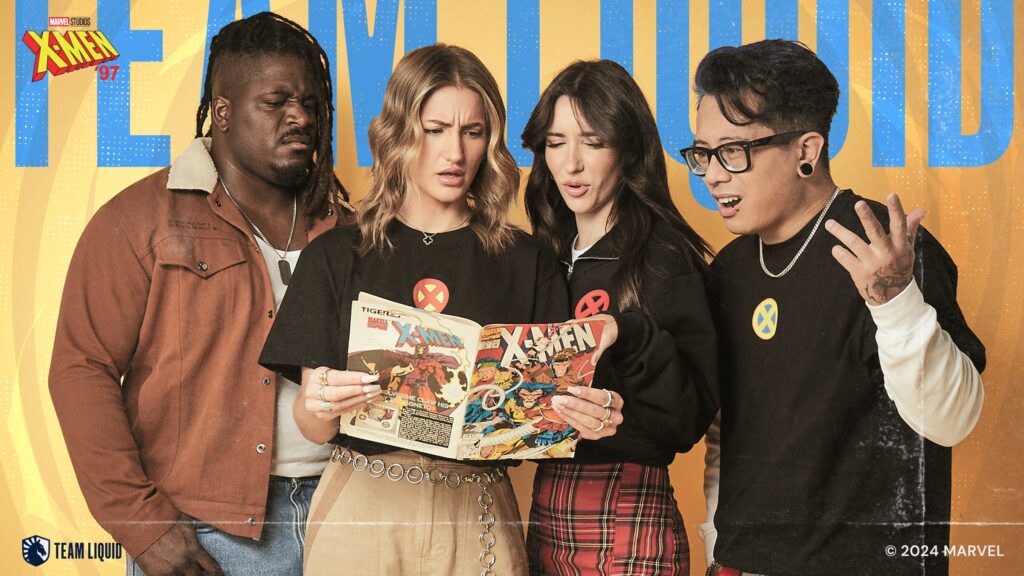NOTE: This is a repost of the Gaming Marketing Institute’s original post.
Gaming influencer marketing is any form of advertising or promotion that taps into a recognizable person, real or virtual, within the worldwide gaming community.
Influence in gaming is defined by relevance to gaming behaviors. Where influencers are touch points for those behaviors.
Like all forms of influencer marketing, this strategy is effective because people trust other people more than brands and companies. So, word of mouth from a trusted person holds more weight than paid advertising.
Below is the first part of a series explaining this form of gaming marketing. If you’re new to gaming, please complete the Gaming Marketing Dictionary. Since that content walks you through over 50 terms used this series.
Background
Some contend that the first major gaming influencers popped up in the 2010’s with the emergence of YouTube. Where early creators like Mike Craddock, who from 2010-2015 played Call of Duty, made gaming-related videos on the video platform.
However, as detailed in the Netflix documentary High Score, video game manufacturer Sega sent college students branded swag in exchange for talking up the company’s games in the 1990’s.

The objective was to make Sega look cool among younger demographics who looked up to older teens and young adults. In other words, Sega was employing college students as influencers.
“Most people aren’t aware that we had a student on almost every college campus who was a Sega guy,” Sega America CEO Tom Kalinske, in High Score – Episode 4.
Today, influencer marketing is a well-known strategy used by both endemic and non-endemic companies seeking to inspire positive action from gaming audiences.
So, let’s explore the first of three gaming influencer categories. Keep in mind the categories are fluid, and an influencer can qualify as any or all of them.
Creators
within and/or beyond a video games’ virtual world, including:
- In-game UGC
- Gaming content on beyond gameplay platforms like Twitch or YouTube
- Social media content relevant to gaming
It’s important to note that while UGC is not unique to gaming, it is a long-standing behavior within the gaming community.
For example, users made modifications to digital games (mods) on platforms like the Apple II, as early as the 1980’s.
Later on, Valve’s Counterstrike franchise, one of the most successful video game series of all time, began as a mod of Half Life in 1999.
As a result, UGC resonates deeply with gaming audiences.
That said, here are three gaming campaigns that tap into UGC influencers (creators).
adidas x WhoseTrade
In May 2024, athleticwear and sneaker giant adidas collaborated with a 25-year-old Cleveland-based creator named Jonathan Courtney, known by WhoseTrade.
The partnership, which saw several virtual items drop on Roblox, a popular UGC gaming platform, culminated in a virtual chain plus customized physical product, selling for $20,000 instantly.

Roblox creators are the driving force behind the platform’s growing economy of virtual items as well as its over 40 million estimated user-created games.
Since, as Roblox chief product officer Manuel Bronstein put it, in a September 2023 article:
“Any person who plays Roblox can become a creator and sell their goods”
Likewise, in addition to the adidas deal, WhoseTrade has worked with brands such as luxury fashion company HUGO BOSS, The Leukemia & Lymphomia Society, and consumer brand Nivea.
Creators like WhoseTrade resemble social media influencers outside the gaming community. Since both categories derive influence from their relevance to UGC behaviors on specific platforms.
Honda x Twitch Rivals
Twitch is a popular live streaming platform that attracts an estimated 140 million monthly active users – according to TwitchTracker and CNET.
It is also home to a thriving community of video game live streamers. These gaming creators broadcast their gameplay live on Twitch to viewing audiences across the world.
Twitch Rivals is an entertainment series, hosted on Twitch, featuring popular creators in head-to-head video game competitions.

Honda, a global automotive brand, partnered with Twitch Rivals in July 2024. The collaboration included a broadcast segment known as ‘Chat’s Civic Mods.’
The segment enabled viewers to customize a 2025 Honda Civic digitally through Twitch chat polls. The finished design appeared at TwitchCon 2024 – a convention that celebrates live-streaming, esports, and internet culture.
In other words, Honda empowered viewing audiences to become creators themselves, through interactive, user-generated product design.
Marvel Entertainment x Team Liquid
Team Liquid is a global gaming organization. In addition to running esports teams that compete in 15+ video game titles, Team Liquid also fields 30+ individual gaming creators.
Team Liquid creators are active on multiple platforms including Twitch, YouTube, Instagram, TikTok, and more. Since gaming behaviors are not limited to specific platforms.
UGC across those channels helps boost Team Liquid’s brand engagement and offers additional avenues for sponsors to gain visibility.

To demonstrate, Marvel Entertainment partnered with Team Liquid in 2019. Then, in September 2024, Team Liquid launched the X-Men’97 Collection – consisting of 10 apparel items – in celebration of the “X-Men’97” release on Disney+.
The collaboration leaned heavily into Team Liquid creators who both modeled and promoted the apparel across their social media channels.
Recap
- Influencers are recognizable people associated with gaming behaviors (touch points)
- Influencer marketing within the video game industry dates back to the early 1990’s
- User-generated content (UGC) is long-standing behavior in the gaming community
- Creators are UGC influencers
- adidas, Honda and Marvel Entertainment tapped into creators
If you like this content, please subscribe to the Gaming Marketing Institute’s YouTube channel for more insights!
